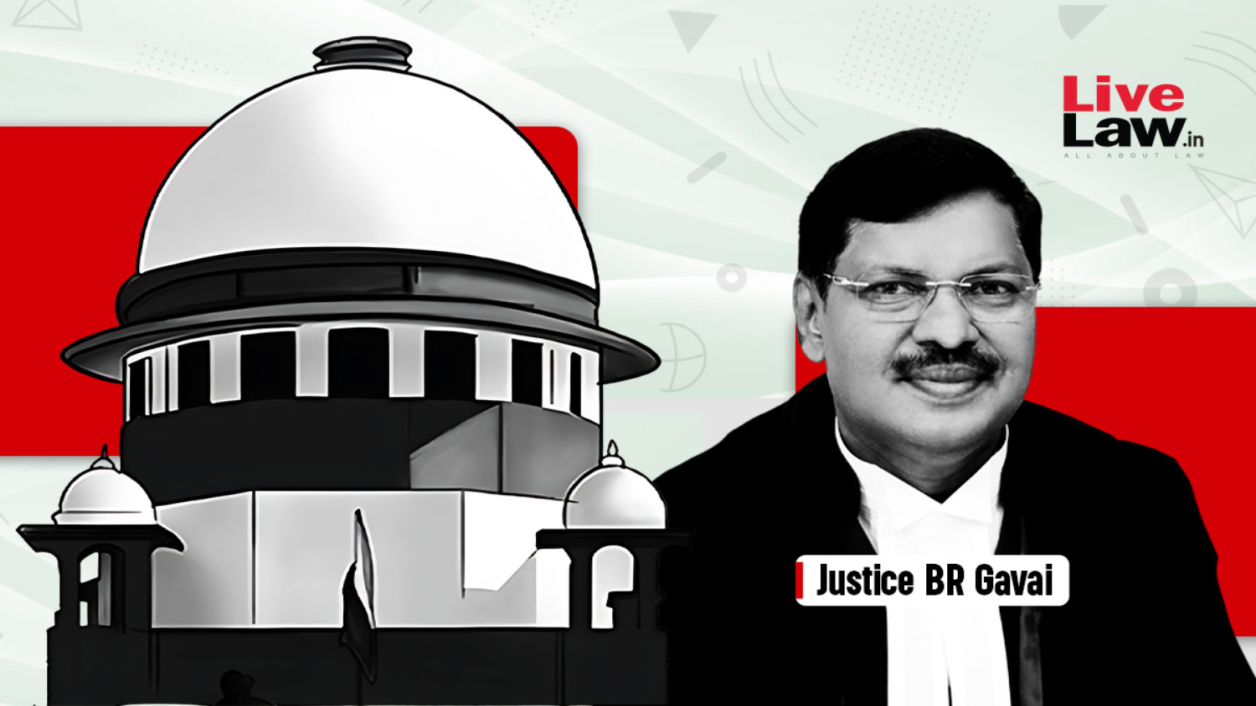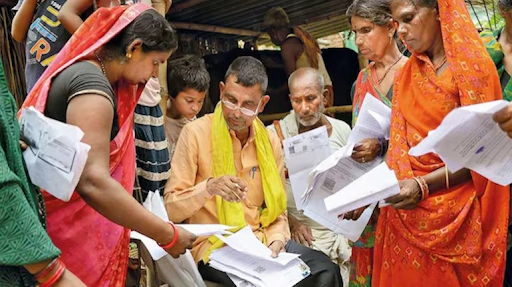Description

Copyright infringement not intended
Picture Courtesy: www.livelaw.in
Context: Justice BR Gavai has been nominated as the Chairman of the Supreme Court Legal Services Committee (SCLSC), which offers free legal services to underprivileged individuals in cases under the jurisdiction of the Supreme Court.
Details
- The Supreme Court Legal Services Committee (SCLSC) holds a crucial role in providing free and competent legal services to vulnerable sections of society.
Mandate of SCLSC
- Established under Section 3A of the Legal Services Authorities Act, 1987, the SCLSC's primary objective is to offer free and competent legal services, specifically in cases falling under the jurisdiction of the Supreme Court.
- The committee comprises a sitting Supreme Court judge as the chairman and members appointed by the Chief Justice of India (CJI) possessing prescribed experience and qualifications.
Composition and Nominations
- The NALSA Rules, 1995, outline the specifics regarding the numbers, qualifications, and experiences required for SCLSC members.
- The CJI appoints the Secretary to the Committee, and the Committee, in consultation with the CJI, can appoint officers and other employees as per the prescribed norms.

Legal Services and Constitutional Obligations
- The Indian Constitution, particularly Article 39A, emphasizes the state's responsibility to ensure justice and provide free legal aid to citizens, ensuring justice isn't denied due to economic or other disabilities.
- Articles 14 and 22(1) also stress the need for equality before the law and provisions for informing individuals about the grounds for arrest.
Legal Services Authorities Act of 1987
- Enacted to establish a statutory foundation for legal aid programs, the Act aims to provide free and competent legal services to eligible groups, including women, children, SC/ST and EWS categories, industrial workers, disabled persons, and others.
- NALSA, constituted in 1995, oversees and evaluates the implementation of legal aid programs and formulates policies to ensure the availability of legal services.
State and District Legal Services Authorities
- The Act also led to the establishment of State Legal Services Authorities (SLSA) and District Legal Services Authorities (DLSA), headed by High Court Chief Justices and District Judges, respectively.
- These bodies aim to provide legal aid, conduct Lok Adalats, organize legal awareness camps, and facilitate the dissemination of legal services and information at the district and taluk levels.
.jpg)
Conclusion
- The Legal Services Authorities Act, 1987, and its subsequent institutions, including the Supreme Court Legal Services Committee, work toward making legal aid accessible and ensuring justice for all, especially for those who might face economic or other barriers in accessing legal services.
Must Read Articles:
NALSA: https://www.iasgyan.in/daily-current-affairs/nalsa-47
|
PRACTICE QUESTION
Q. How does the principle of 'equality before the law' in India ensure fairness and justice across diverse societal segments, and what measures are in place to uphold this principle within the Indian legal system?
|









